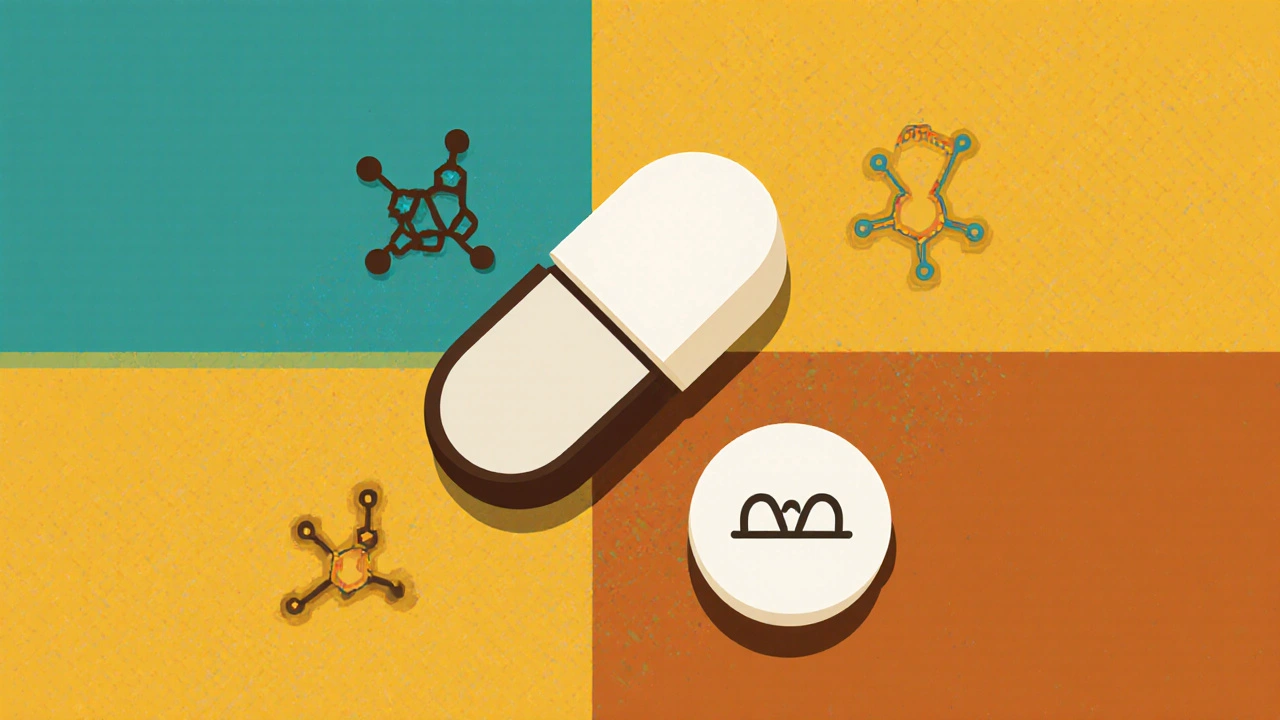Antidepressants: What You Need to Know for Real-Life Decisions
Antidepressants get talked about a lot, but there’s a gap between what people actually experience and what you read online. If you’re wrestling with depression, or just curious about your options, it’s normal to feel overwhelmed by all the medical jargon and opinions out there. Bottom line: You want answers that are clear, down-to-earth, and free of hype.
First, let’s get something straight—antidepressants aren’t a cure-all. These meds target chemical signals in your brain, like serotonin or norepinephrine, which play a role in mood. The most common types are SSRIs (think Prozac or Zoloft), SNRIs (like Cymbalta or Effexor), tricyclics, and a few others. Each has its own set of pros, cons, and weird side effects.
You might’ve heard people say, “Just pick the one with the fewest side effects.” If only it were that simple. People react differently: what works great for your friend might leave you feeling flat or give you stomach issues. It’s not unusual to try one antidepressant, only to switch a few weeks later because of brain fog or insomnia. Sometimes, it’s honestly trial and error—frustrating, but true.
Now, about the side effects. A dry mouth, nausea, or feeling zonked are common when starting out. Sexual side effects, like low libido, are also way more common than most folks expect (but nobody wants to talk about them). For some people, the first few weeks are rough, but these issues can ease up with time or a change in dose.
Stuck with side effects you can’t shake? You do have options. Switching meds or asking about “adjunct” treatments (like adding a low-dose atypical antipsychotic, or something like bupropion, depending on your doc’s style) is more common than you’d think. Then there are non-drug alternatives—therapy, lifestyle tweaks, or even newer stuff like transcranial magnetic stimulation—that some people swear by, especially if meds fall flat.
Mixing antidepressants with other prescriptions, alcohol, or even some supplements can be tricky. Always keep your pharmacist in the loop—one missed detail can lead to some nasty surprises. Don’t just Google “drug interactions” and hope for the best. If you notice something weird, bring it up right away with a pro you trust.
Finally, don’t beat yourself up if you’re feeling lost navigating these choices. There’s a real art to finding the right medication or combo that works with your body and your life. Ask questions, take notes, and never feel rushed into any decision. Managing depression isn’t about finding the “perfect” antidepressant—it’s about what helps you show up for your life again.

Linezolid and Serotonin Syndrome: What You Need to Know About the Real Risk with Antidepressants
Linezolid can cause serotonin syndrome when taken with antidepressants, but real-world data shows the risk is extremely low-under 0.5%. Learn when it's safe to use both and what to watch for.

Dosulepin and Suicidal Thoughts: Understanding the Risks and Safety
Dosulepin, a tricyclic antidepressant, has been effective for many patients with depressive disorders. However, it carries potential risks, particularly related to suicidal thoughts. This article aims to provide important information about these risks, helping you understand and make informed decisions about its use.
